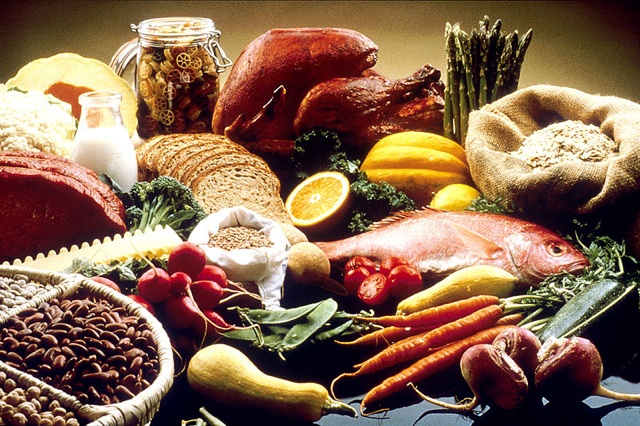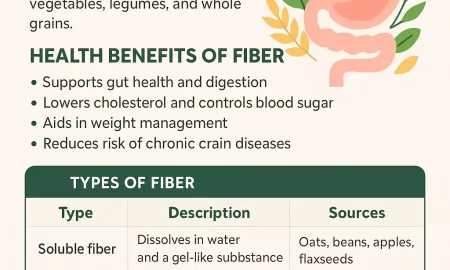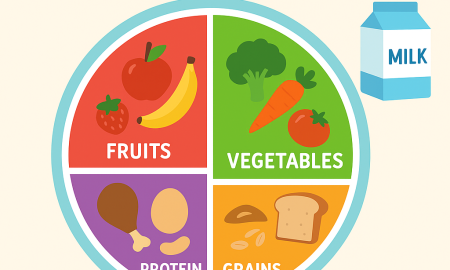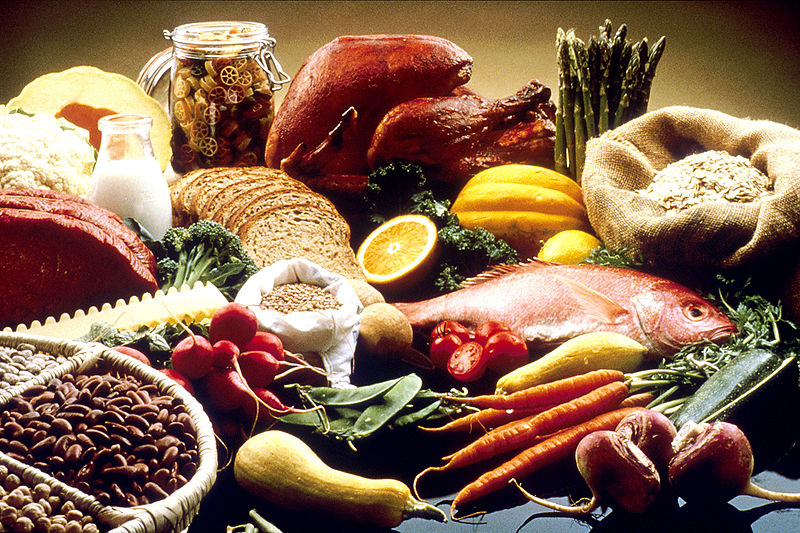
Good Eggs?
Eggs have long been a staple in human diets, offering a rich source of protein and essential nutrients. However, their relationship with heart health has been a topic of debate. In this article, we delve into the science behind egg consumption and its impact on cardiovascular health.
Understanding the Nutritional Profile of Eggs
Eggs are packed with high-quality protein, vitamins, and minerals. A single large egg contains approximately:
-
6 grams of protein
-
Vitamin B12
-
Vitamin D
-
Choline
-
Selenium
Despite their cholesterol content, eggs are low in saturated fat and provide a balanced nutrient profile.
The Cholesterol Debate: Do Eggs Raise Blood Cholesterol Levels?
For years, eggs were vilified due to their cholesterol content. However, recent studies suggest that dietary cholesterol has a minimal impact on blood cholesterol levels for most individuals.
The American Heart Association now states that consuming one egg per day is acceptable for healthy individuals, provided it’s part of a balanced diet rich in fruits, vegetables, and whole grains.
Eggs and Heart Disease: What Does the Research Say?
Contradictory Findings
Earlier studies, such as one from Western University of Canada, suggested a link between egg consumption and increased arterial plaque.
Conversely, research from the Harvard School of Public Health found no significant association between egg intake and heart disease risk.
Potential Protective Effects
Some studies indicate that proteins in egg yolks may inhibit blood clot formation by affecting fibrinogen conversion to fibrin, potentially reducing the risk of heart attacks and strokes.
Incorporating Eggs into a Heart-Healthy Diet
While eggs can be part of a balanced diet, it’s essential to consider overall dietary patterns. Pairing eggs with vegetables and whole grains, rather than processed meats, can support heart health.
Conclusion: Moderation is Key
Eggs are a nutrient-dense food that can be included in a heart-healthy diet. While some studies suggest potential risks, the overall evidence indicates that moderate egg consumption is safe for most individuals. As with any dietary choice, balance and moderation are crucial.


















Follow Us